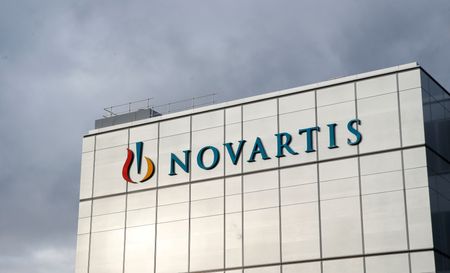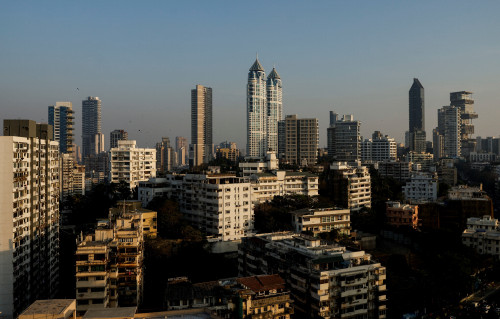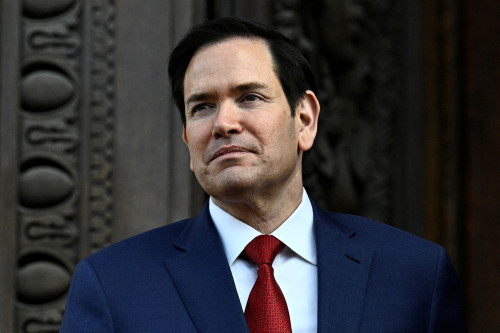By Natalie Grover
LONDON (Reuters) – Novartis’ soon-to-be spun off generics division Sandoz is betting on biosimilars, copies of high-priced drugs used to treat illnesses such as rheumatoid arthritis and cancer, to fuel its future as a standalone company, executives said on Thursday.
Sandoz hosted its first-ever capital markets day in New York to make the case it has enough firepower it its pipeline to surmount the difficult global macroinflationary environment.
Novartis kicked off a strategic review of Sandoz in 2021 following a protracted period of underperformance driven largely by mounting pricing pressures in the off-patent drug sector, particularly in the United States.
Analysts were not surprised by the decision to carve out the business, given poor market conditions and the long struggling broader market for generic medicines and slow uptake of biosimilars in the U.S., the world’s biggest drug market.
Sandoz generated more than $9 billion in revenue last year selling generic drugs and biosimilars, cheaper versions of biologic drugs that are cultivated inside living cells.
The company expects to generate up to $3 billion in additional net sales over the next five years largely by investing further in biosimilars, which currently account for about a fifth of sales.
That percentage is expected to climb to 30% by 2028, boosting margins, Sandoz CFO Colin Bond said.
Sandoz’s core margin on earnings before interest, taxes, depreciation and amortization (EBIDTA) is expected to be in the range of 18% to 19% in 2023, down from 21.2% last year but that range should climb to 24% to 26% in the mid-term, the company said.
“Clearly, we’re at the start of a journey now,” said Bond, citing the likelihood of inflation cooling, as well reaping the benefits of new high-margin biosimilar launches as well as operational efficiencies post-spinoff.
“Based on what we currently know…the margin expansion looks compelling,” he added.
Of particular interest is the anticipated U.S. launch of its biosimilar for the autoimmune drug Humira, which brings in about $15 billion to $20 billion in annual sales.
More than 55 blockbuster biologics are coming off patent protection in the United States and Europe over the next decade, accounting for more than $270 billion in expected peak annual sales, according to a recent McKinsey analysis.
Others in the space, such as Israel’s Teva and Amgen, also want to capitalize on the lucrative biosimilar market.
Novartis and Sandoz are expected to uncouple in the second half of this year.
(Reporting by Natalie Grover in London; Editing by Himani Sarkar, Mark Potter and Lisa Shumaker)








